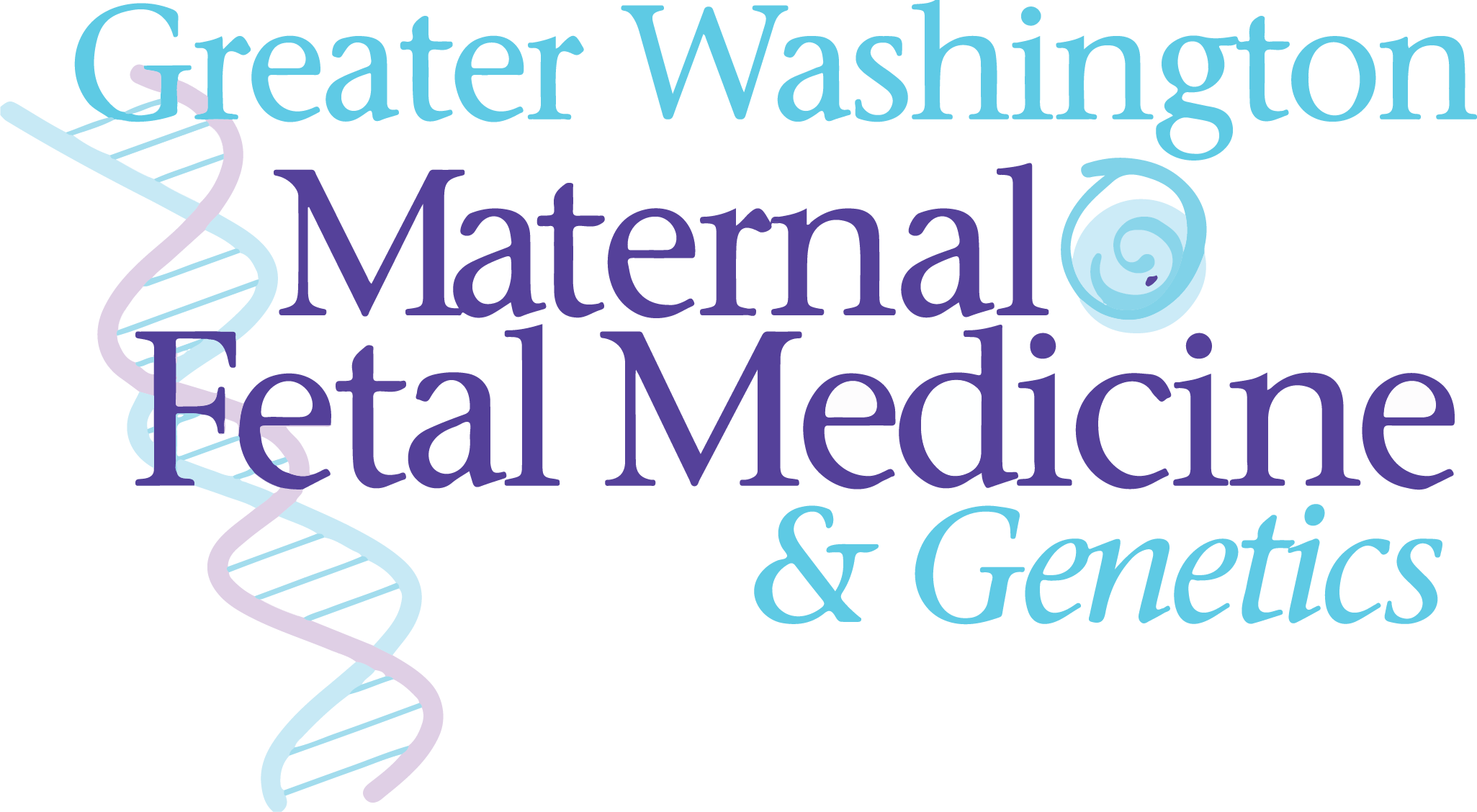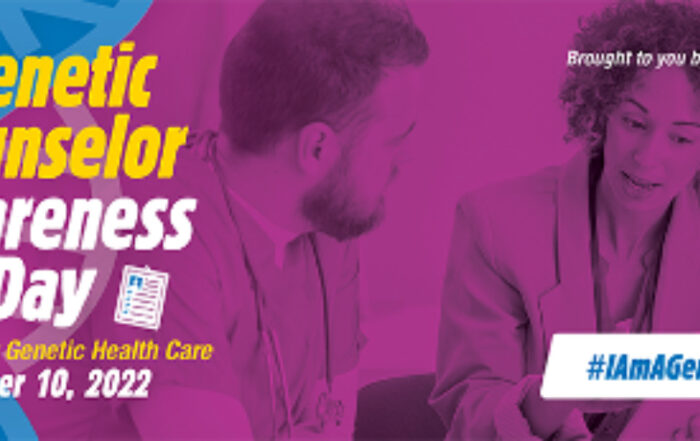Do I need to do first trimester screening if I already did cell-free DNA screening?
April 28, 2017

There are a growing number of tests available that can be performed early in pregnancy to give you more information about the chance for a chromosome disorder. A genetic counselor or your doctor can discuss these testing options with you to help you understand the similarities and differences between the testing options.
The first trimester screen (FTS) is a routine test that can screen for chromosome disorders, heart defects, and other rare genetic disorders. This test is performed around the 12th week of pregnancy. This test requires a sample of the mother’s blood, a sonogram of the fetus, and the mother’s age.
A new technique called cell-free fetal DNA (cfDNA) screening is able to use the small amount of placental DNA naturally present in the mother’s blood to screen for chromosome disorders.
Both the FTS and cfDNA screening are classified as a screening test, meaning that they only provide a risk factor and are not able to provide a definitive yes or no answer about chromosome disorders in the pregnancy.
While detection rates for chromosome disorders may be slightly higher with cfDNA screening, the first trimester screen can screen for heart defects, structural anomalies, or rare genetic disorders that would be missed by cfDNA screening. There are benefits and limitations for doing either one of these tests, making it crucial to understand the differences between these tests to choose which (if not both) is best for your pregnancy. A genetic counselor is a great resource to answer any of your questions and explain the similarities and differences between your screening test options.




